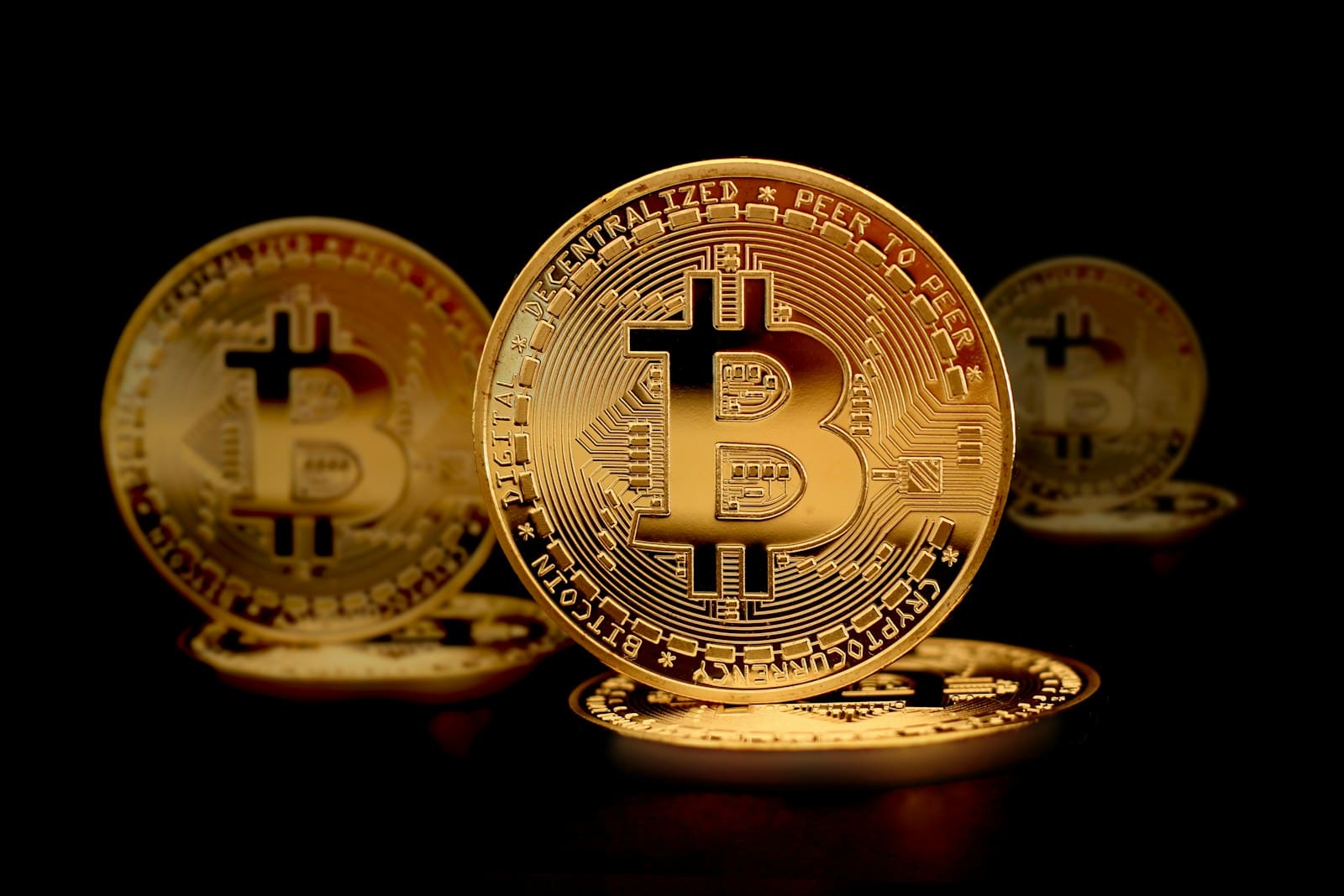If you’re the kind of investor who is always on the lookout for the newest thing, you’ve probably already looked at cryptocurrency. It feels like this digital money’s moment in the sun is likely behind it, but some of the true believers still swear Bitcoin is on the cusp of a comeback any day now. But is cryptocurrency a good investment, or is it still too unproven to be worthy of your money?
What is Crypto?
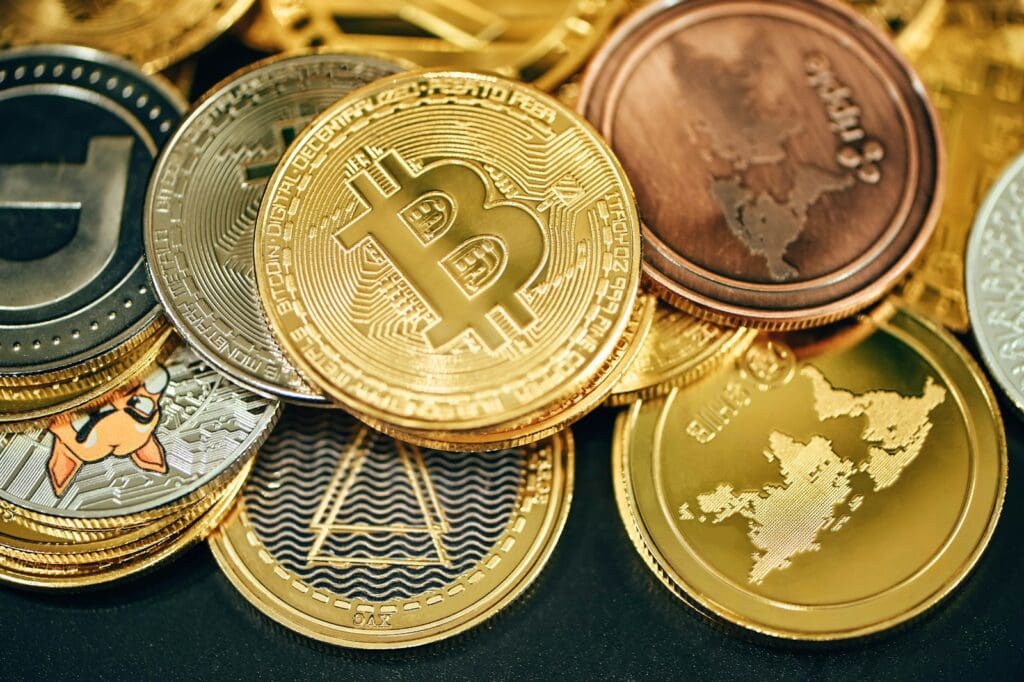
Broadly speaking, cryptocurrency is a digital form of money that typically has a decentralized governing system. The poster child for this form of money is Bitcoin, a blockchain-based currency that received early acclaim for enabling untraceable digital transactions, essentially mirroring the use of cash in the real world.
Blockchain?

Very briefly, the blockchain is a digital ledger that includes “blocks” of transactions. These “blocks” are open information, allowing anyone to see how much of a given currency is moving and some general information about which “wallets” it’s moving to and from. The idea with the blockchain is that it should provide airtight digital security while also enabling transaction anonymity.
Inflation
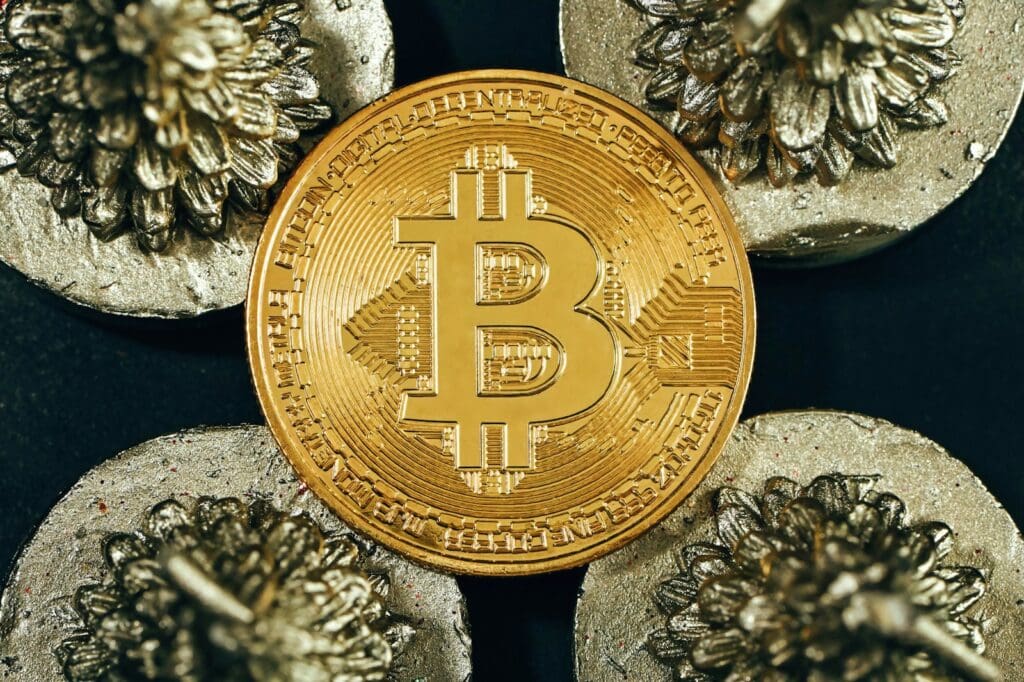
Some people have likened cryptocurrencies to “digital gold,” but not in the way you might initially think. Since inflation is constant, standard currency sitting in a closed account will gradually lose value over time as the value of the dollar, for example, shrinks with inflation. Cryptocurrencies, like gold investments, typically don’t experience this inflationary decrease in value.
Speedy Transactions
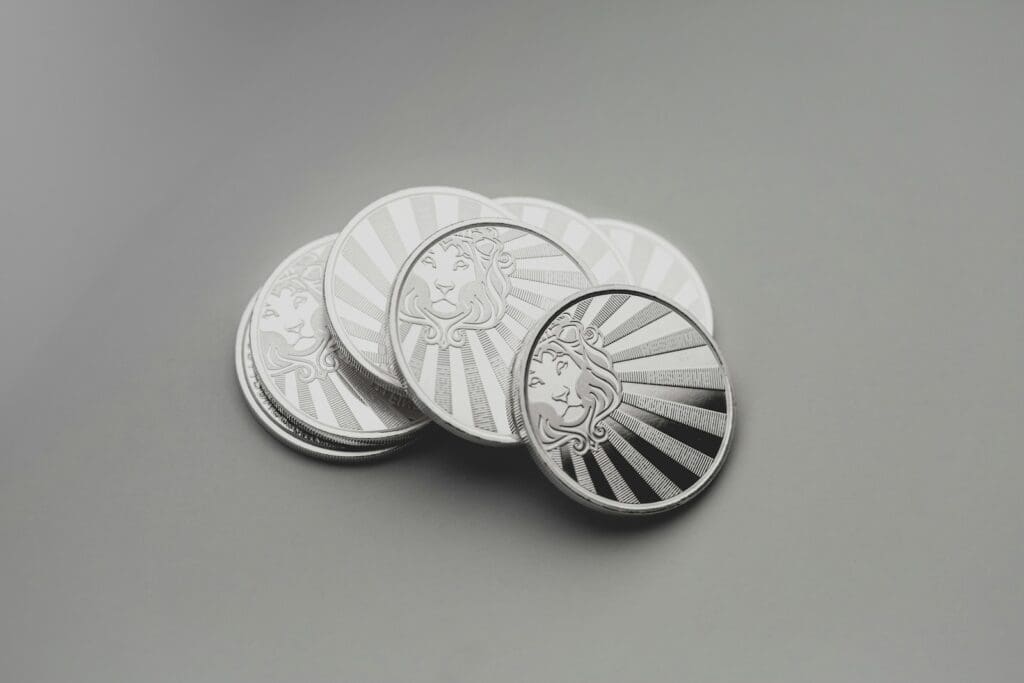
Another point in favor of cryptocurrencies is that they offer very quick, very affordable transfers of money. This is especially useful for people with loved ones who live in different countries than they do. Wire transfers are sluggish and costly, as opposed to near-instantaneous crypto exchanges.
Privacy

As noted, this means that there is significant privacy associated with using crypto. It might seem odd that something can be both transparent and private at the same time, but that’s the biggest draw to this technology for many of its biggest advocates. The blockchain’s complex authentication process makes fraud unlikely while still protecting the personal information of investors.
Decentralization

This point is alternatively a blessing or a curse depending on who you ask. Some advocates claim that crypto’s decentralization is its biggest benefit, while others feel the lack of a central governing body like a state’s central bank means that crypto is too volatile to be a safe investment. Your appetite for volatility in your investments, of course, plays a part in your opinion on the matter.
Power Consumption

Another potential drawback to cryptocurrency is its massive power consumption for transactions and for “mining” new coins. Generally speaking, proof-of-work systems for cryptocurrency award coins to users who operate computers that complete complicated algorithms to authenticate transactions. This consumes an enormous amount of power in the real world, ostensibly lending the coins their value.
Risk of Fraud

On the off chance of a hacking attack, such as someone stealing a crypto wallet’s passcode, the default transaction policy with cryptocurrency is to never offer a refund or cancellation of a transaction. This could result in investors losing all of their coins with no recourse for a way to recover the lost funds.
Read More: Is a Recession Still Likely?
Criminality?

Crypto’s alleged use in organized crime is a potential stumbling block for some investors. Some sources claim that criminal organizations prefer cryptocurrency because it’s hard to trace and can be effortlessly transferred over international borders. If this leads to some kind of international crackdown, it could negatively impact the value of the coins for investors.
Read More: 10 Must-Read Books on Personal Finance
Diversification
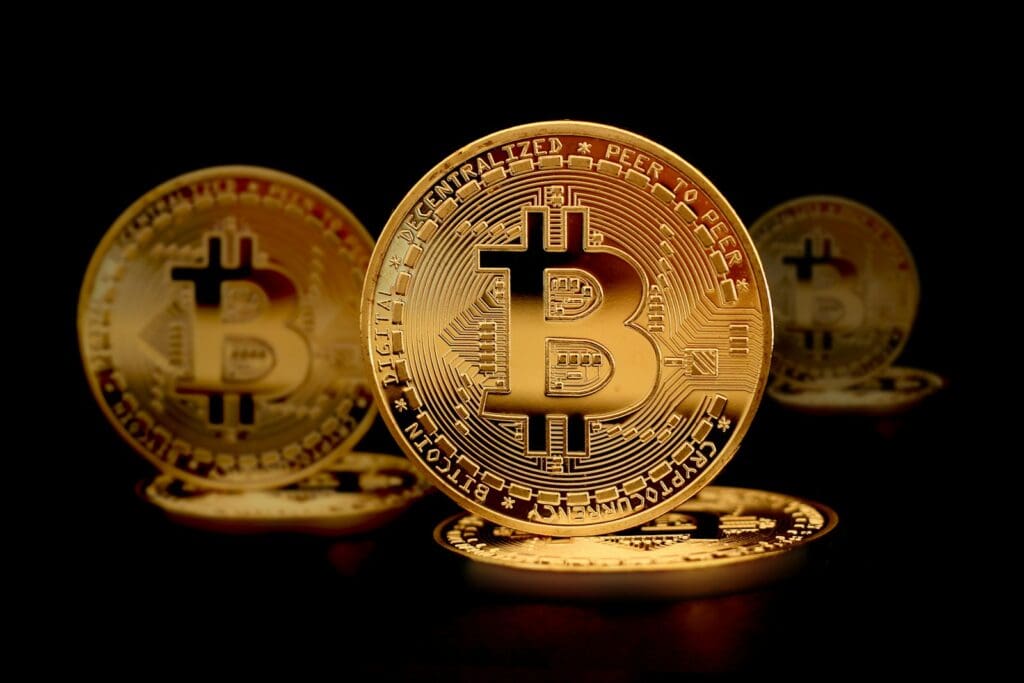
In conclusion, many investors feel the rewards outweigh the risks when it comes to crypto—at least as a way to diversify an already established portfolio. Others are a bit more cautious about the perceived volatility of the new form of currency. Wherever you fall on this spectrum, make sure you speak to a financial advisor before you make and major investments into new technologies.
Read More: Investing Basics You SHOULD Already Know

